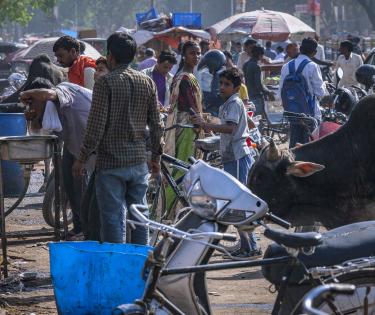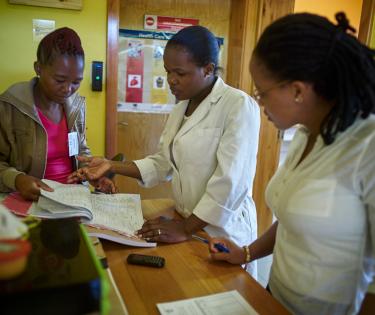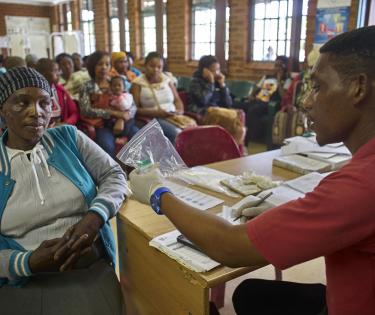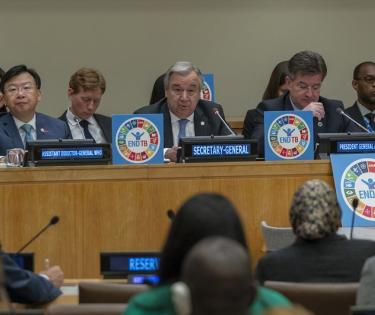To end TB, we must have a response that is people-centered, that is free from stigma and that overcomes barriers to quality TB services.
In 2018, the Stop TB Partnership established what has become the TB Stigma and Access Discussion group that meets virtually at regular intervals. The purpose of the discussion group is to unpack, explore, strategize, and coordinate on key issues, challenges, and opportunities for local communities, people affected by TB and other partners can take in identifying, reducing and overcome barriers to accessing quality TB services.
Participants are from all regions of the world and include people affected by TB, local community organizations, lawyers, and health experts.
If you are an advocate for access to TB services, we hope that you can join the discussion group and help advance TB policies and programs that reduce stigma and ensure access to quality TB services. If you would like to join the group or have suggested topics for discussion, please email ta@stoptb.org.





